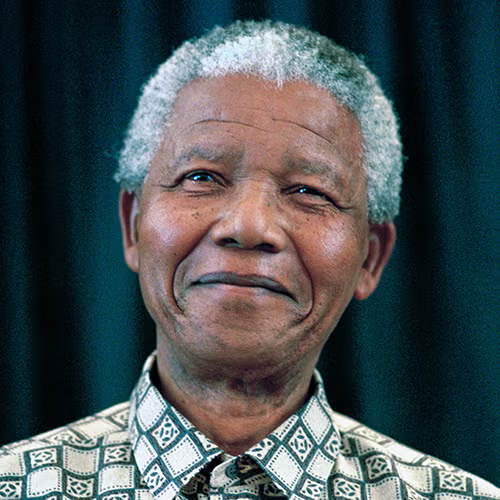Is music as a tool for social change, effective or overhyped? Has always been an agelong thesis of public discourse that has sparked intense debate among activists, artists and scholars.
The hope is that this article will explore the subject matter while assisting you to better understand the effectiveness or otherwise of music as a tool of social change.
Music has been a powerful force throughout history, stirring emotions and influencing cultures. It can bring people together, raise awareness, and spark social change. In recent years, we have seen a surge in artists using their platforms to advocate for important issues.
However, the question remains, is music as a social impact real or overhyped? We will examine both sides and come to a conclusion if it’s a fact or hype.
On one hand, we have seen numerous examples of music being used as a catalyst for social change. The Civil Rights Movement of the 1990s in the United States is a prime example of music’s impact. The Iconic song ‘’We Shall Overcome’’ became the unofficial anthem for the civil rights movement.
Artists such as Bob Dylan, Joan Baez and Nina Simone used their music to protest against racial discrimination and violence.
Songs like ‘’Blowin’ in the Wind’’ and ‘’Strange Fruit’’ became anthems for the movement. Spreading the message of equality and justice to a wider audience. These songs not only gave people hope and motivation but also raised awareness.
Is Music As A Tool For Social Change, Effective Or Overhyped?
The power of music has been utilized in other parts of the world as well. During Apartheid in South Africa, artists Mariam Makeba and Huge Masekela used their music to speak out against the oppressive regime. Their songs became a symbol of resistance and unity, giving hope to those who were fighting for change.
Music also played a crucial role in the downfall of Berlin wall in 1989. The song ‘’Wind of Change’’ by the Scorpions became an anthem for the peaceful resolution. It is still considered one of the most iconic songs of the era.
These examples demonstrate the ability of music to bring people together and spark social change. Music has a way of transcending barriers and connecting people on a deeper level. It has the power to evoke emotions and provoke actions.
In today’s fast-paced world, music possesses a unique power to cut through the noise and draw attention to critical issues.
However, on the other hand, some argue that the use of music for social change is overhyped and does not have a significant impact. They argue that while music may raise awareness and spread a message, it does not directly lead to tangible change. The songs may become popular, but once the hype dies down, the impact frizzles out as well.
Moreover, artists often use social issues as a marketing tool to gain popularity and boost their image. This can come across as insincere and disingenuous, diluting the message and making it less effective.
In addition, some argue that music can also reinforce stereotypes and perpetuate harmful ideologies. For example, certain genres of music, such as hip-hop, have been criticized for promoting violence, misogyny, and materialism.
Furthermore, the impact of music on social change can also be limited by the artists themselves. In recent years, there has been a rise in political and socially conscious music. Many artists use their platforms to voice their opinions on various issues.
However, there is also those who choose to remain apolitical, fearing backlash or harm to their career. This lack of unity and solidarity among artists can weaken the potential impact of music on social change.
This raises the question, can music drive social change if it is also part of the problem?
The impact of music can vary depending on the audience. While it may resonate with some, it may not have the same effect on others. This makes it difficult to measure the true impact of using music for social change.
So, is music truly an effective tool for social change or is it just overhyped?
The answer is not black and white. It can be argued that music can raise awareness and bring people together. Music cannot bring about change on its own. It is important to remember that music is just one aspect of a larger, multi-faceted approach to social change.
It can spark conversations and inspire individuals to take action, but it cannot solve the issue on its own.
Also, the impact of music can be amplified when it is accompanied by other forms of activism. When music is used in conjunction with these methods, it can become a powerful force for social change.
For example, the Black Lives Matter protests in the United States were accompanied by songs such as ‘’Alright’’ by Kendrick Lamar. It became an anthem for the movement. The combination of music and activism can have a deeper and long-lasting impact on society.
In conclusion, music can be an effective tool for social change, but it is not a stand-alone solution. Music has the power to raise awareness, bring people together, and inspire action. Artists must use their platform responsibly and ensure that their message is genuine and not just a marketing tactic.
As individuals, we need to be critical of the music we consume and the message it promotes. Music can be a powerful force for good. It is up to us to harness its potential and use it for positive change.
It is when we recognize the limitations and potential of music for social change that we can use it effectively in our fight for a more just and equitable world.
Is Music As A Tool For Social Change, Effective Or Overhyped?





















































































